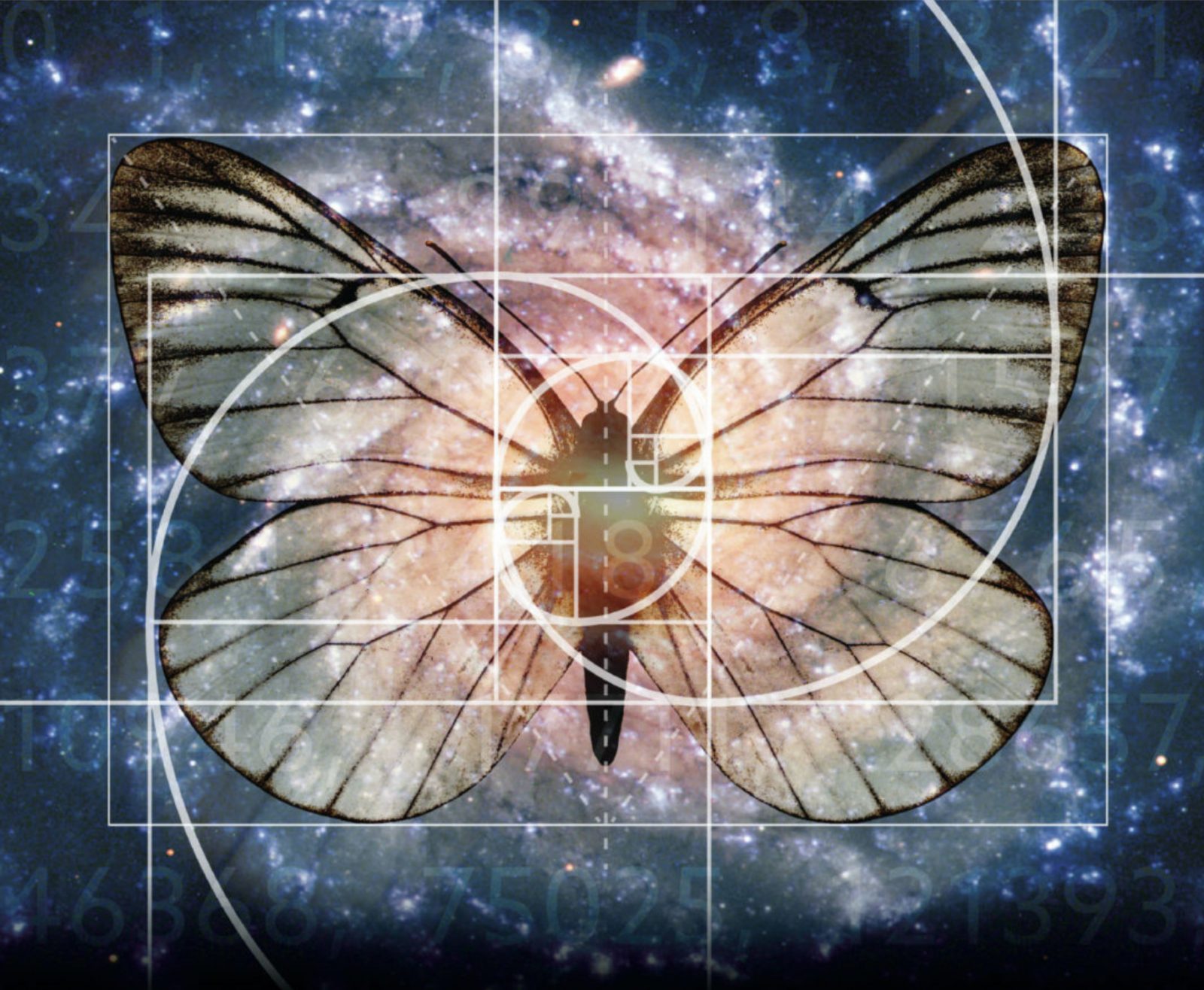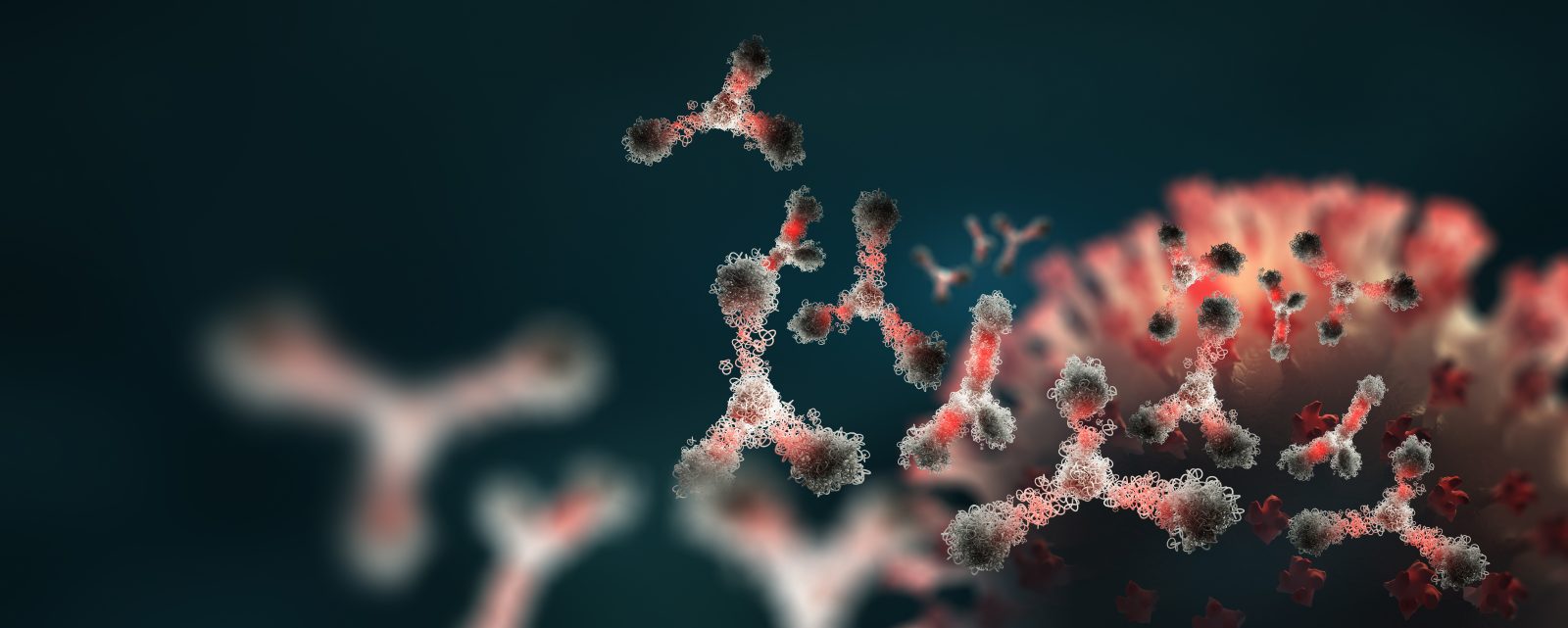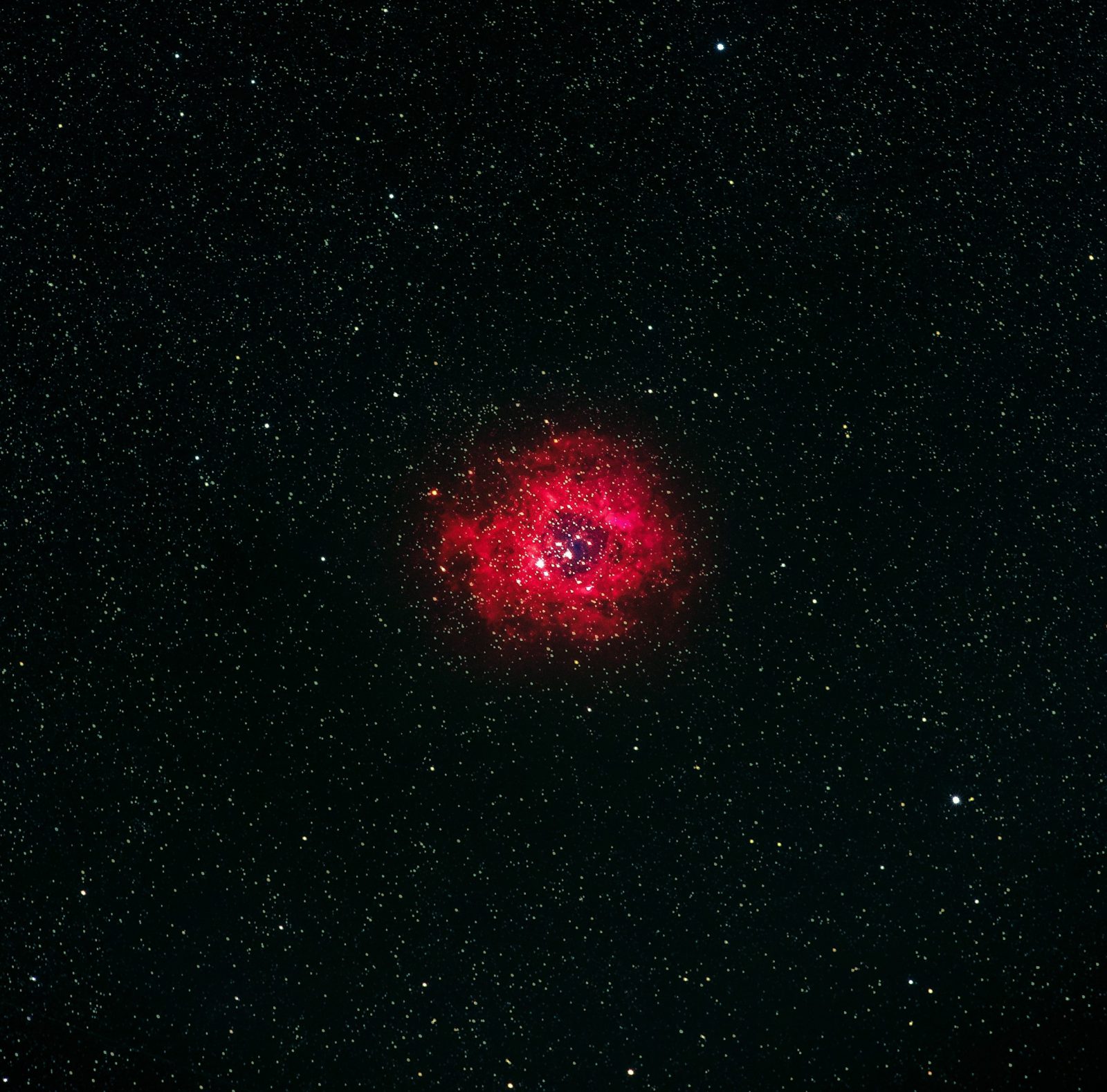
Information, Specified Complexity and the Explanatory Filter
On this episode of ID the Future, we hear the third and final portion of a talk given at the 2020 Dallas Science and Faith conference. Daniel Reeves, education outreach coordinator at Discovery Institute, rounds out his extended explanation of intelligent design theory. Far from being “Gee whiz that’s complicated; it must be designed!,” the theory relies on well-defined concepts such as specified complexity and an explanatory filter that allows one to distinguish designed events from either chance, necessity, or a combination of the two. The key in the molecular biological realm: detecting functional information.








